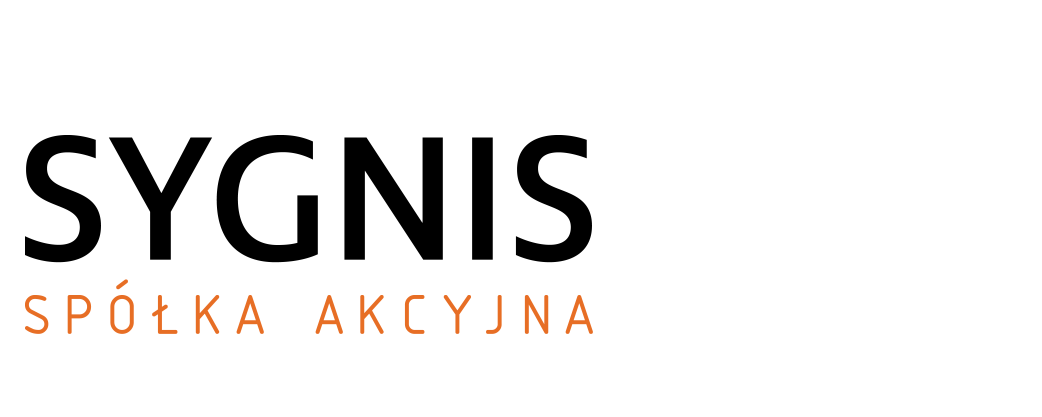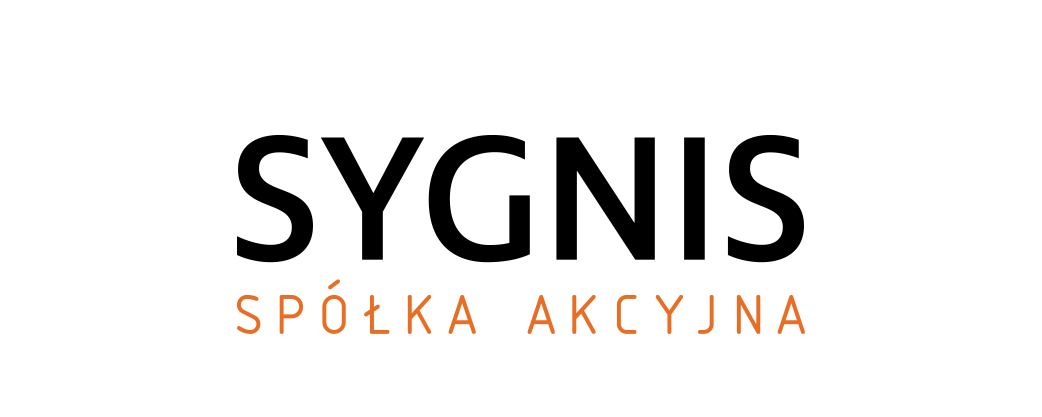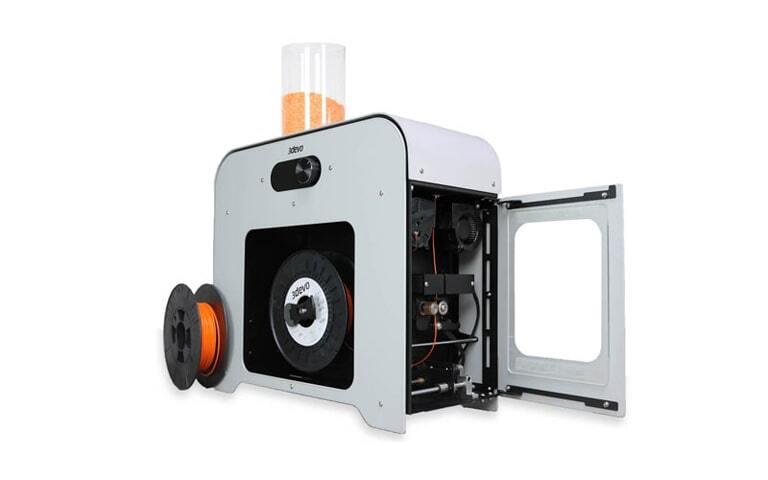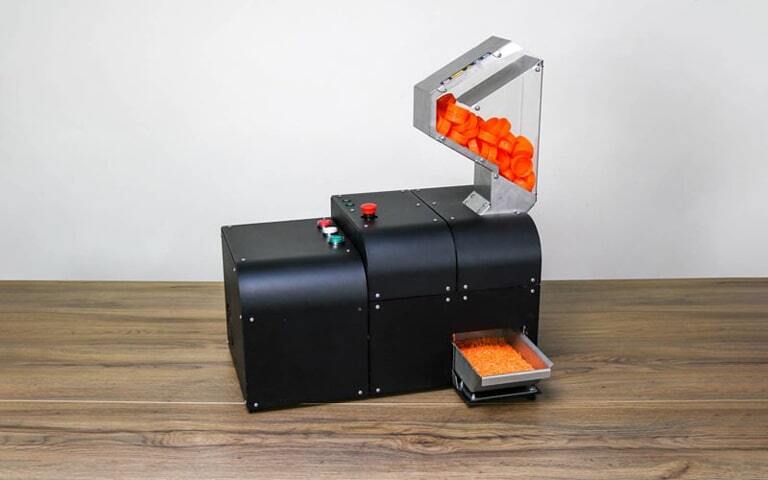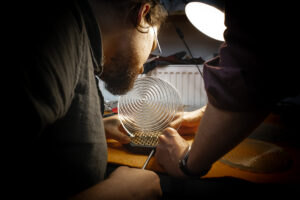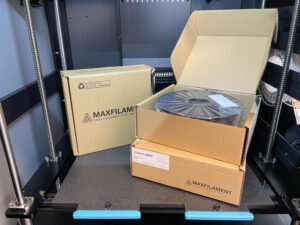The modern economy is largely based on a linear economy model, where products are produced, consumed and dumped in landfills. This requires the constant exploitation of raw materials, whose resources are gradually dwindling. Moving away from this model is therefore essential if we want to save the planet. But how are additive technologies going to help with this and replace the phrase “buy, consume, throw away” with “make, use, remake, reuse”?

Source: 3dprintmagazine.eu
Circular economy
The circular economy is based on the assumption that the consumer product is not an end in itself, but only one of the stages of material processing. This model is based on the rational use of available resources through the lowest possible consumption of non-renewable raw materials, minimizing the negative impact of the manufacturing and consumption process on the environment. The above goals are of great importance, both for the environment and for business.
Focusing on the responsible use of raw materials makes it possible to reduce the amount of materials needed to provide services, which leads to a reduction in the consumption of energy and raw materials at each stage of production. The development of the circular economy also means the development of a market for secondary raw materials and the emergence of appropriate consumer services. An undoubted advantage of the circular economy is also the reduction of economic risks from product price fluctuations.
The circular economy is one of the European Union’s development priorities in the field of environmental protection. Of course, it is not yet a realized goal and the basic one is still the linear economy (buy, consume, throw away). However, significant amounts of systems and production closed circuits are planned to be implemented by 2050.
Circular economy and additive manufacturing
The axiological assumptions of the circular economy are perfectly reproduced in the assumptions of manufacturing based on additive technologies. Additive manufacturing uses much less raw material than traditional techniques, allows for the printing of an entire component, even one with a very complex geometry, and has no limits on the size of a production run, which in turn avoids the danger of producing too much and therefore unnecessary waste.
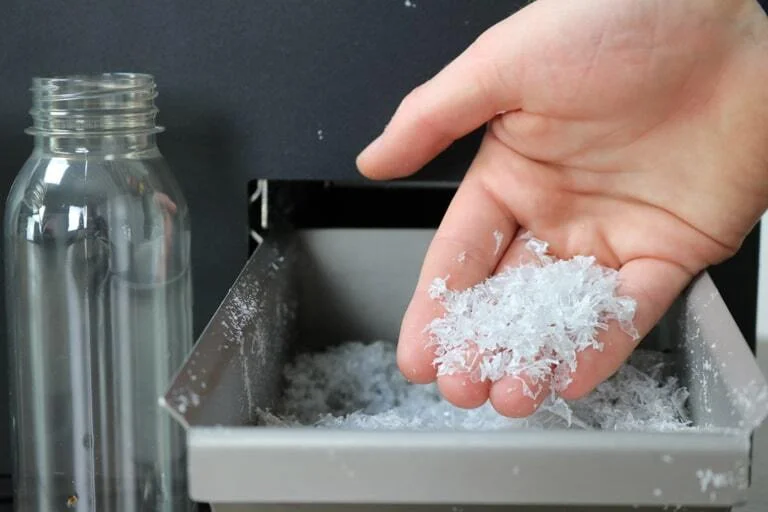
Source: 3devo
3devo – real support for the circular economy
3devo is a Dutch company dedicated to creating innovative solutions related to the processing of materials used in 3D printing. Founded in 2016 by Tim Wasselink, it has achieved incredible success from the very beginning. Already in the year of its founding, the company was awarded the prestigious Rapid-Pro Award for the most innovative start-up, and now enjoys the trust of customers around the world.
How are 3devo’s solutions related to the idea of sustainability?
3devo’s main business is the production of 3 types of machines: extruders for filament, shredders and dryers for plastics. All solutions are based on the idea of creating a closed loop in additive manufacturing. Over the years, many companies have been created trying to accomplish what 3devo has succeeded in doing, as processing plastic to obtain finished and full-fledged filament from it in subsequent steps is not an easy task. It is necessary to ensure the optimal size and cross-sectional area, wind the new filament properly on a spool, ensure a dry environment, gradually cool the heat-generated filament, and have specialized knowledge of which plastics can be processed and how.
Most machines that process polymers into filament are very large and consume huge amounts of energy. In contrast, the size of 3devo’s machines, while meeting all the above conditions, is really small. The brand’s devices are considered “desktop”, as the dimensions do not differ from a regular printer.
With the help of the shredder and the 3devo extruder, it is possible to obtain new filament from the residue of failed prints, which reduces the waste of raw material to practically zero. Additive manufacturing differs from traditional manufacturing techniques mainly by reducing waste, and combined with material recycling, it is one of the most environmentally friendly manufacturing methods.
Sygnis authorized distributor of 3devo solutions in Poland
Wishing to be part of the necessary change, Sygnis has become an official distributor of solutions offered by 3devo. The sygnis.shop.pl store offers filament extruders, plastic dryers and shredders. The composer 350/450 and precision 350/450 extruder allow you to produce filament at extremely high temperatures at a dizzying pace. The 3devo Airid dryer, on the other hand, makes it possible to efficiently prepare materials for further processing, while the 3devo SHR3D IT shredder and granulator converts both waste such as plastic bottles and possible failed 3D prints into pellets.
Author: Helena Kordasiewicz
